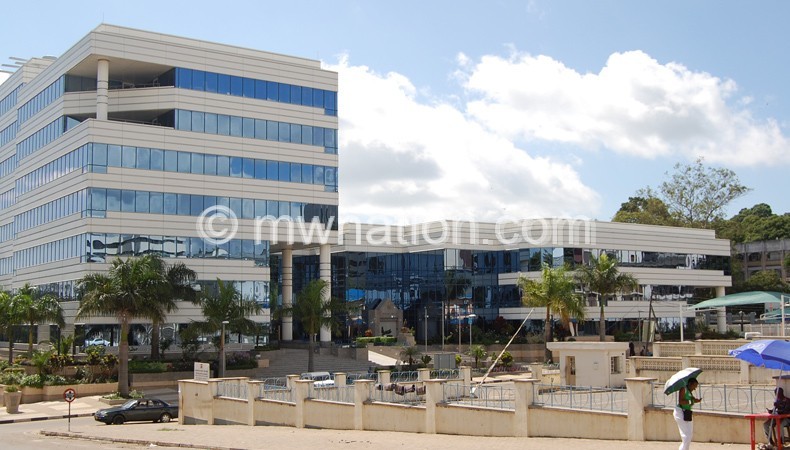Malawi remittances quadruple, hit K136bn
Malawi has earned $186 million (about K136 billion) in remittances through money transfer operators and foreign currency denominated accounts last year, Reserve Bank of Malawi (RBM) figures show.
The 12-month figure is nearly four times the $38 million (K27.7 billion) the country received in 2017 through remittances, a development the central bank has said strengthens the country’s foreign exchange position.

In 2017, figures show that remittances money expatriates send to their country of origin via wire, mail or online transfers amounted to around $1.4 million (about K1 billion) per month but the receipts have jumped to an average of $16 million (about K11.6 billion) every month last year.
RBM spokesperson Mbane Ngwira said in an interview on Tuesday Malawi has been on a vigorous drive to increase remittance payments to Malawi for various reasons, among others, to bolster reserves.
“Remittances are more like proceeds from services. This is money earned by Malawians living abroad, therefore, as it comes to Malawi it adds foreign exchange reserves of the country as it gets invested in infrastructure or other projects it is not like a loan that would be repaid by the country,” he said.
Ngwira also disclosed the central bank and Ministry of Foreign Affairs are in the process of putting up a web portal to record database of Malawians in the diaspora and have in place Malawi Diaspora Engagement Policy.
The K136 billion earned in remittances is close to what the country is projecting to get from domestic revenue and grants in this financial year.
In the year under review, tobacco earnings rose by 58 percent to $337.3 million (about K247 billion), largely buoyed by increased volumes.
Financial analysts believe that since remittance receivers often have a higher propensity to own a bank account, they promote access to financial services for the sender and recipient, an aspect that promotes economic development.
On the other hand, international trade experts contend that remittances are playing an increasingly large role in the economies of many countries worldwide by contributing to economic growth and helping livelihoods of less prosperous people.
Economic statistician Alick Nyasulu has, however, observed that most of these funds are direct family assistance and do not go into huge investments since the rules on making land available for money investments for diaspora is disorganised.
Meanwhile, the United Nations (UN) specialised agency for postal sector has announced plans to lower the cost of remittances flowing into Malawi and the rest of the continent.
A report by World Bank released in 2012 revealed that Malawi is one of the few African countries which is most expensive to send money to and faulted banks as the most expensive remittance service providers. n





